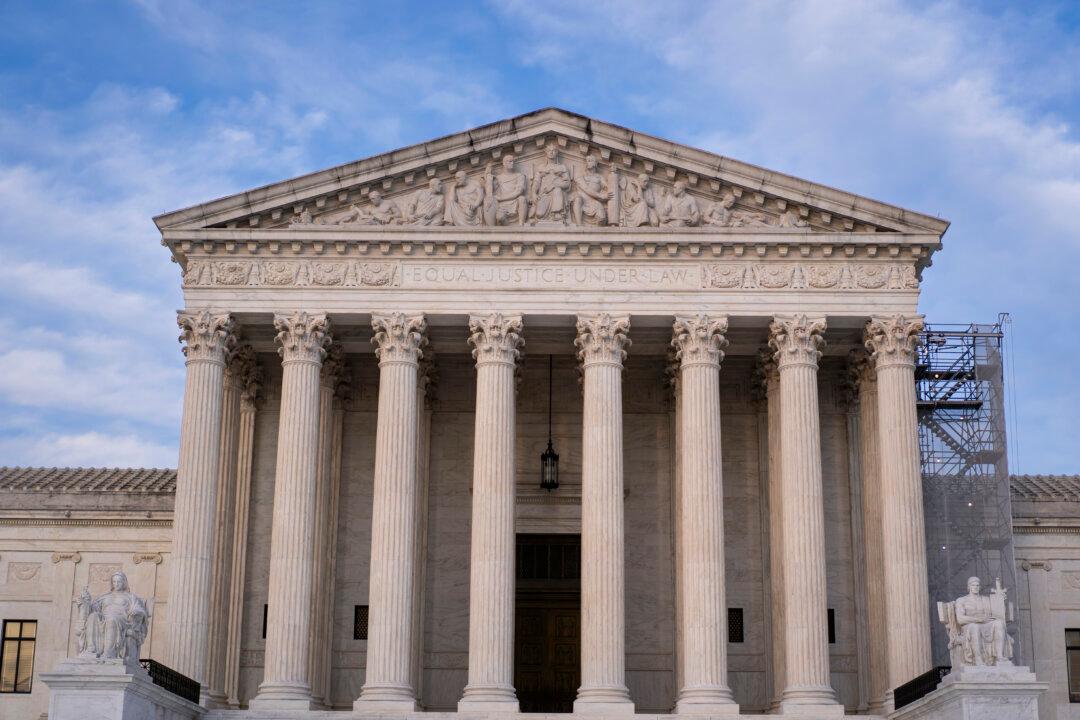The U.S. Supreme Court has declined to hear a legal challenge to the authority of the Occupational Safety and Health Administration (OSHA) to issue workplace safety standards, with Justice Clarence Thomas dissenting and Justice Neil Gorsuch noting that he would have been willing to take up the case that is focused on paring back government power.
In a July 2 order list, the Supreme Court denied review of a lower court’s decision to reject a legal challenge brought by Allstates Refractory Contractors against the Labor Department, in a case that centers on whether Congress’s delegation of authority to OSHA to write workplace safety standards violates Article I of the U.S. Constitution.





